Limit alcohol adverts during winter months, says expert
Study finds that alcohol abuse is more widespread in cold, dark weather
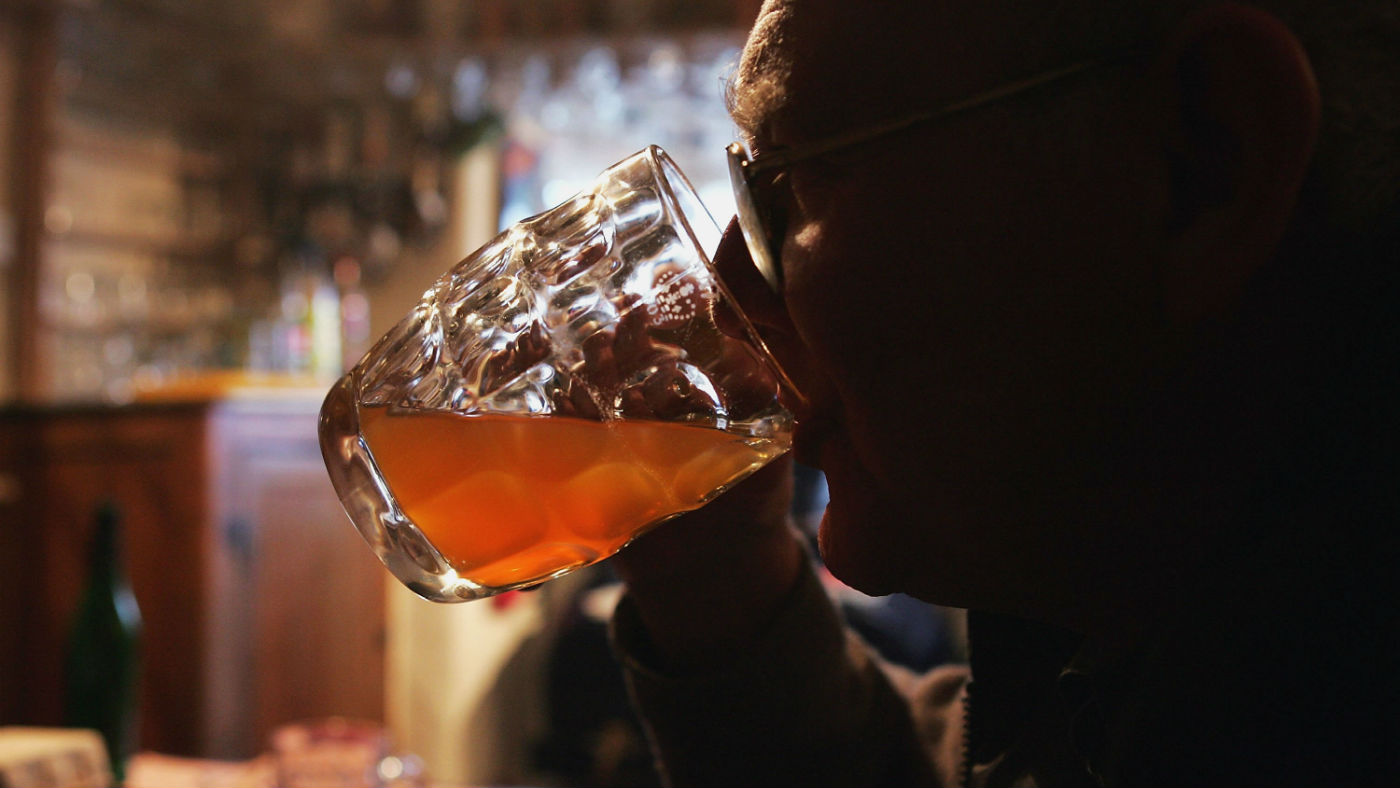
A free daily email with the biggest news stories of the day – and the best features from TheWeek.com
You are now subscribed
Your newsletter sign-up was successful
The UK should “strongly consider” placing restrictions on alcohol advertising during the winter months, an addiction expert has said, after a new study found a clear link between cold, dark climates and alcohol abuse.
The study, published in liver science journal Hepatology, compared data from the World Health Organization and the World Meteorological Organization to assess the impact of climate on alcohol consumption.
Researchers found that “as average temperature and hours of sunlight decreased, the total alcohol intake per person, the percentage of the population that drinks alcohol, and the incidence of binge drinking all increased”, The Independent reports.
The Week
Escape your echo chamber. Get the facts behind the news, plus analysis from multiple perspectives.

Sign up for The Week's Free Newsletters
From our morning news briefing to a weekly Good News Newsletter, get the best of The Week delivered directly to your inbox.
From our morning news briefing to a weekly Good News Newsletter, get the best of The Week delivered directly to your inbox.
Ramon Bataller, associate director of the Pittsburgh Liver Research Centre and a senior author on the study, said: “This is the first study that systematically demonstrates that… in colder areas and areas with less sun, you have more drinking and more alcoholic cirrhosis.”
He added that “people with a genetic predisposition to alcoholism should maybe avoid living in a very cold place as they will probably drink more”.
Dr Peter McCann, a specialist in drug and alcohol addiction at Castle Craig Hospital, said the study had implications for the UK, which experiences fewer than eight hours of daylight per day at the height of winter.
“Stricter laws on alcohol pricing are surely justified when we consider the devastating combined effect of low sunlight and cheaper alcohol on consumption,” he said.
A free daily email with the biggest news stories of the day – and the best features from TheWeek.com
The results of the study presented “strong evidence” for introducing extra safeguards around alcohol during the winter months, including limits on alcohol advertising, said McCann.
He concluded that restrictions on advertising alcohol products during the coldest and darkest months should be “strongly considered”.
However, Scottish broadsheet The Herald notes that “retailers and drink producers are likely to be resistant to any suggestion of ban in the winter months, covering the lucrative Christmas and New Year periods”.
-
 Political cartoons for February 7
Political cartoons for February 7Cartoons Saturday’s political cartoons include an earthquake warning, Washington Post Mortem, and more
-
 5 cinematic cartoons about Bezos betting big on 'Melania'
5 cinematic cartoons about Bezos betting big on 'Melania'Cartoons Artists take on a girlboss, a fetching newspaper, and more
-
 The fall of the generals: China’s military purge
The fall of the generals: China’s military purgeIn the Spotlight Xi Jinping’s extraordinary removal of senior general proves that no-one is safe from anti-corruption drive that has investigated millions
-
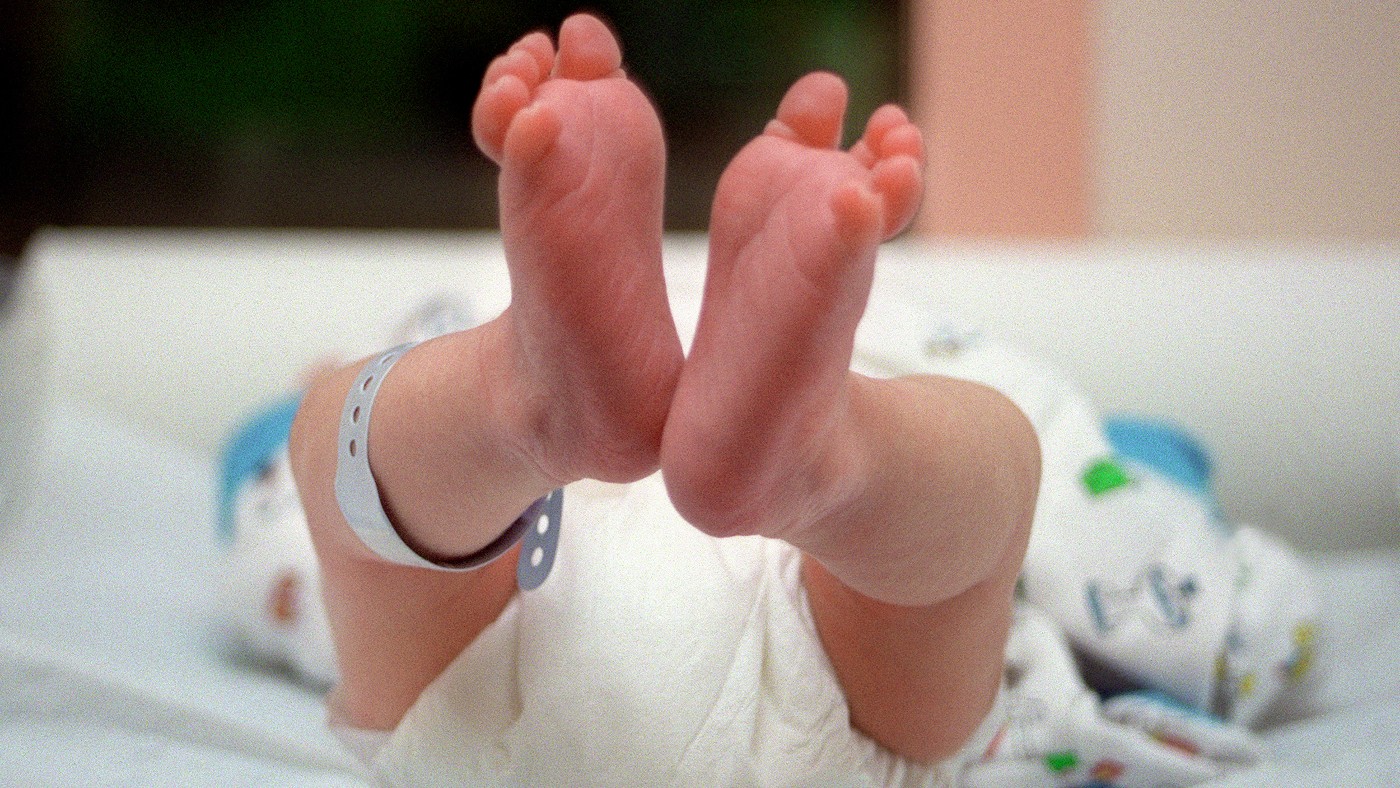 Twins born in separate years
Twins born in separate yearsTall Tales And other stories from the stranger side of life
-
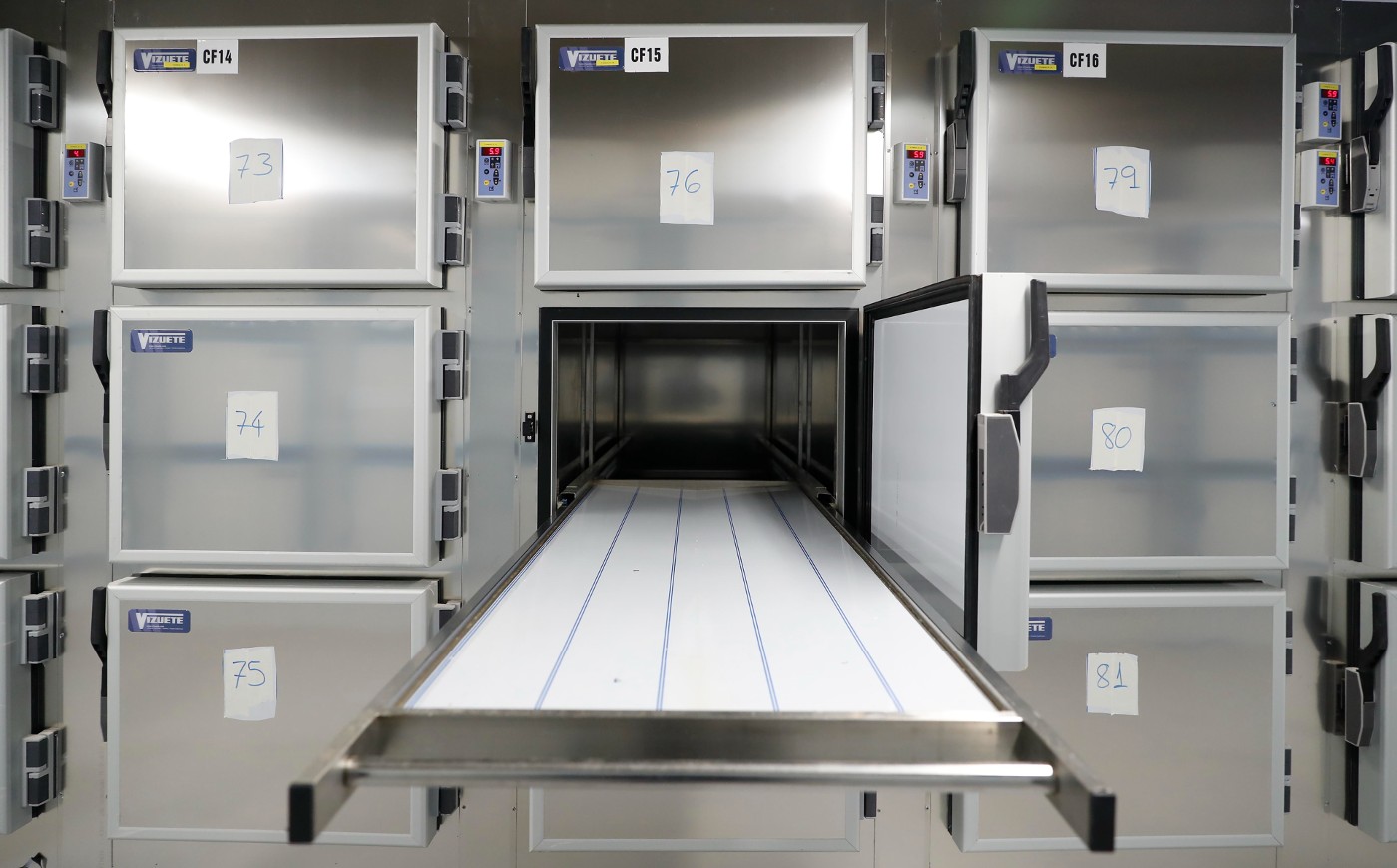 'Dead' woman nearly suffocated in morgue bag
'Dead' woman nearly suffocated in morgue bagTall Tales And other stories from the stranger side of life
-
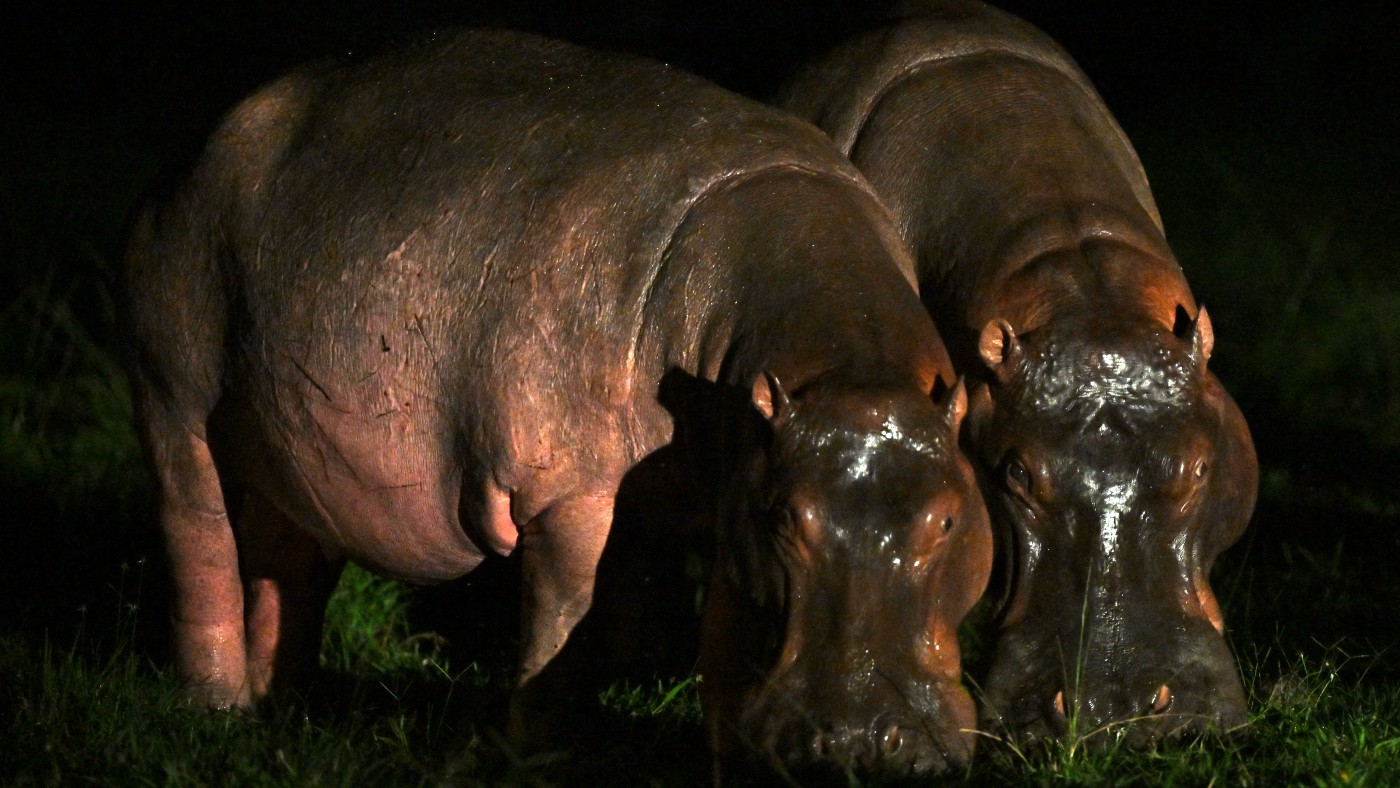 Colombia begins sterilisation of 'cocaine hippos'
Colombia begins sterilisation of 'cocaine hippos'Tall Tales And other stories from the stranger side of life
-
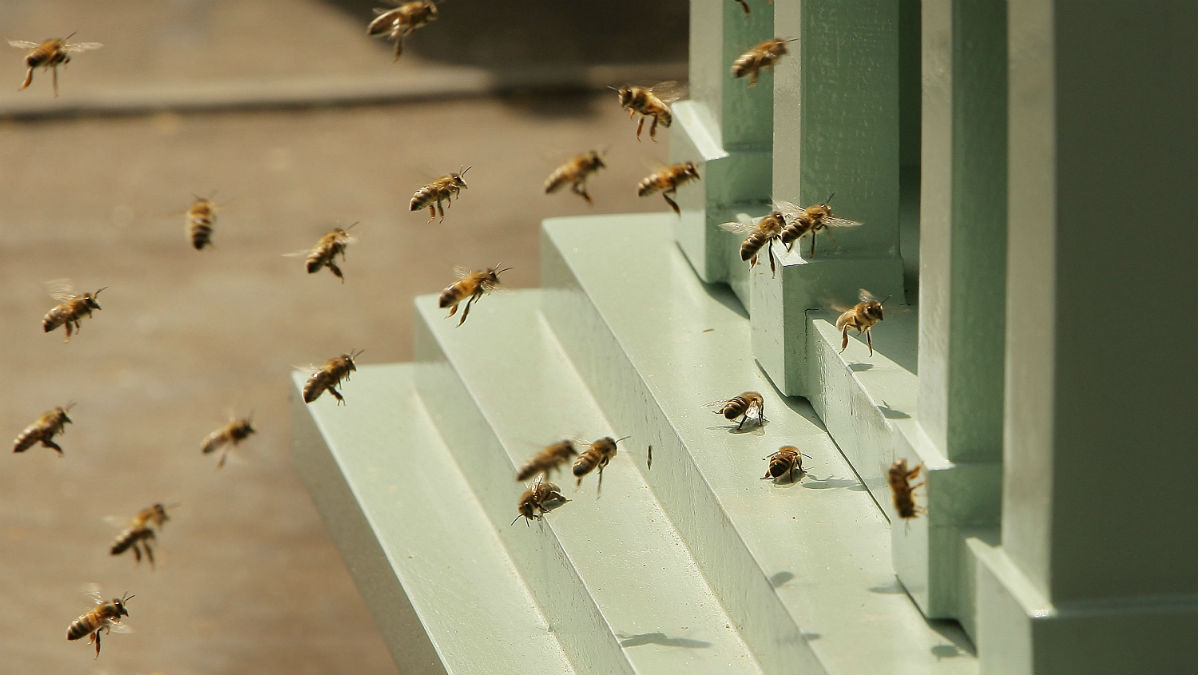 Bees learn from mentors
Bees learn from mentorsfeature And other stories from the stranger side of life
-
 Home Office worker accused of spiking mistress’s drink with abortion drug
Home Office worker accused of spiking mistress’s drink with abortion drugSpeed Read Darren Burke had failed to convince his girlfriend to terminate pregnancy
-
 In hock to Moscow: exploring Germany’s woeful energy policy
In hock to Moscow: exploring Germany’s woeful energy policySpeed Read Don’t expect Berlin to wean itself off Russian gas any time soon
-
 Were Covid restrictions dropped too soon?
Were Covid restrictions dropped too soon?Speed Read ‘Living with Covid’ is already proving problematic – just look at the travel chaos this week
-
 Inclusive Britain: a new strategy for tackling racism in the UK
Inclusive Britain: a new strategy for tackling racism in the UKSpeed Read Government has revealed action plan setting out 74 steps that ministers will take